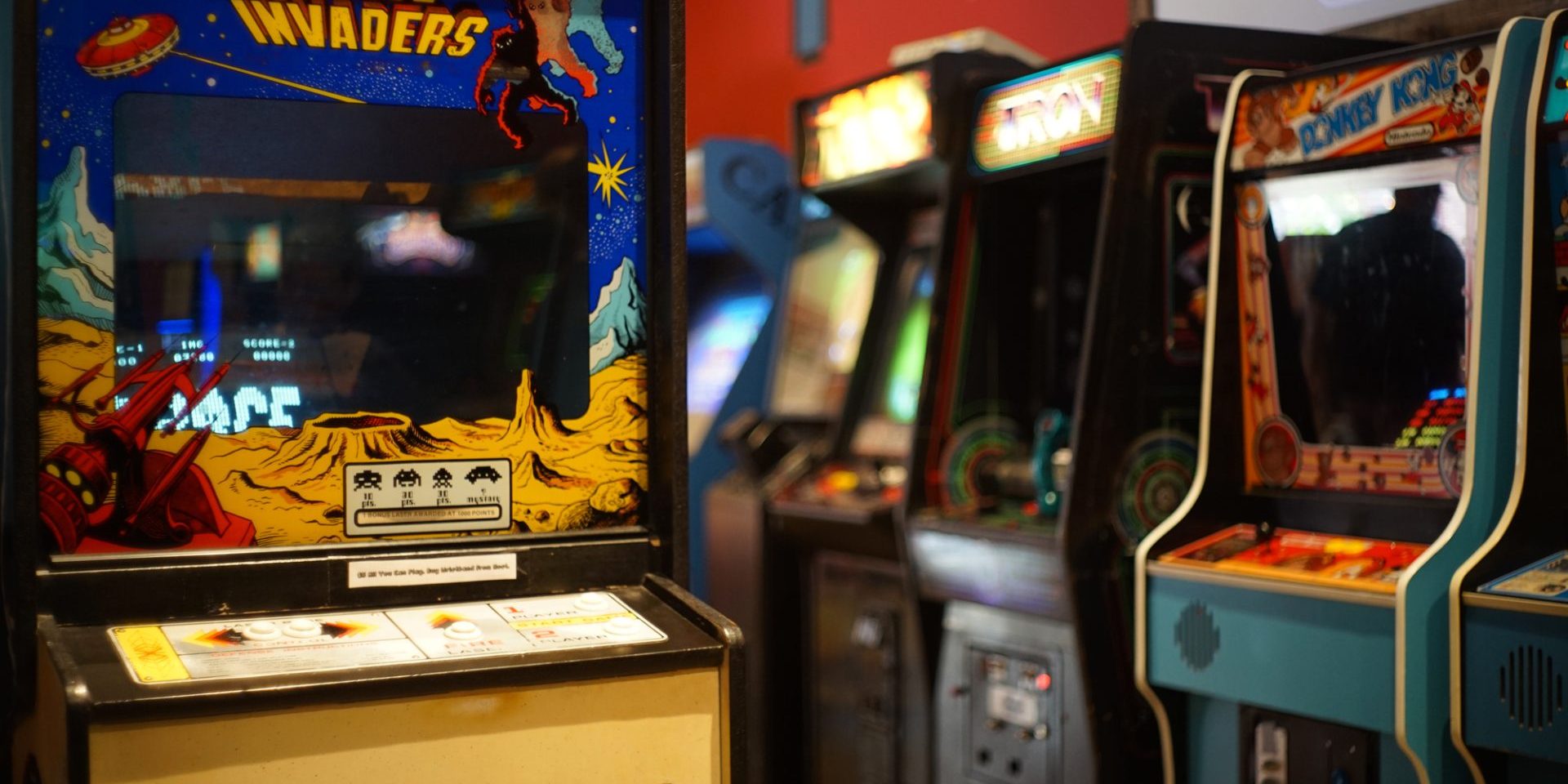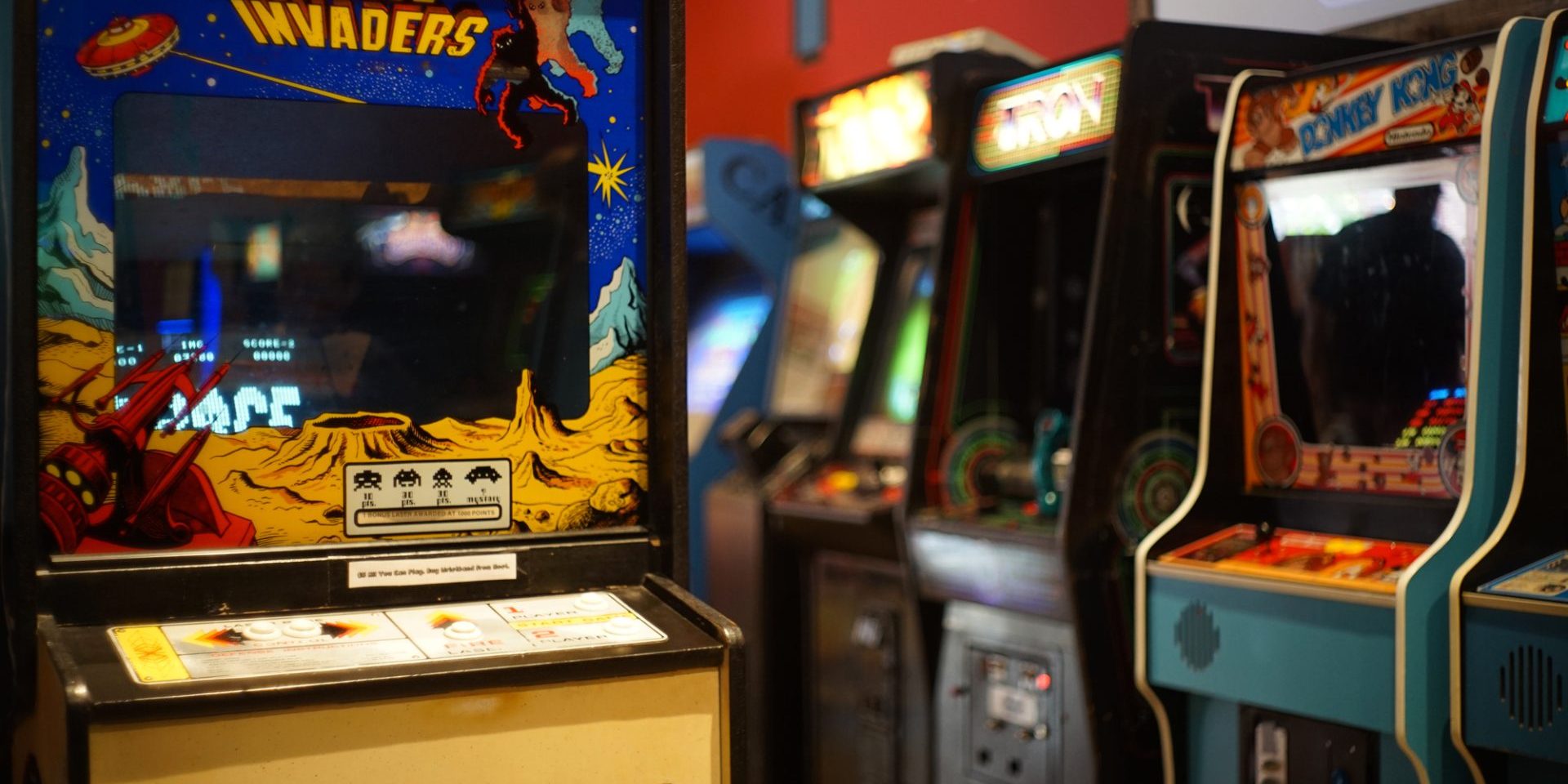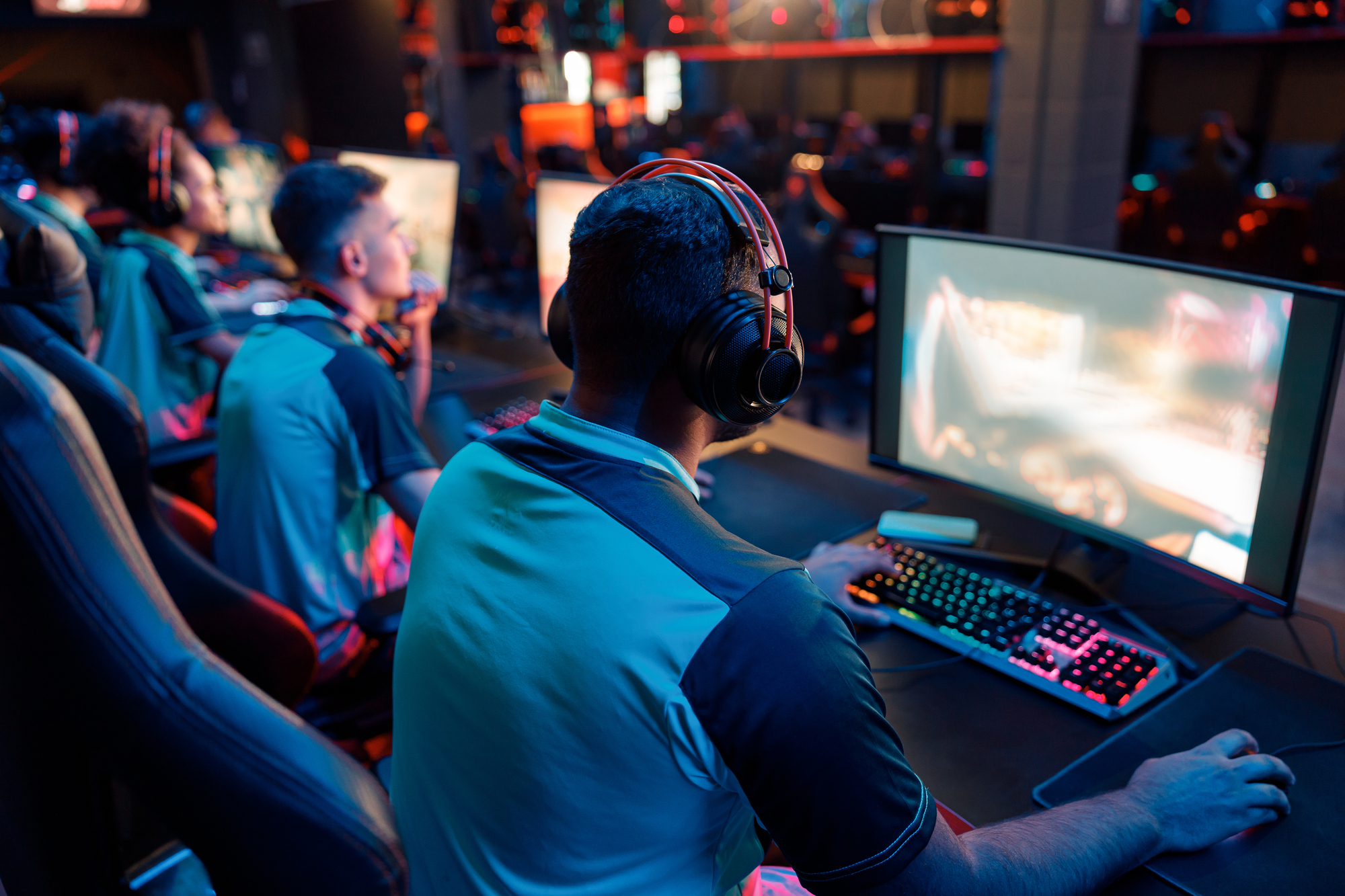Gaming has become a powerful force shaping popular culture in recent years. From influencing fashion trends to inspiring blockbuster movies, video games have left an indelible mark on society. The gaming industry’s reach extends far beyond entertainment, affecting education, technology, and even the economy.
Video games have transformed social interactions, bridging gaps between diverse groups of people worldwide. Online multiplayer games create virtual spaces where individuals from different backgrounds can connect and collaborate. This phenomenon has led to the formation of new communities and friendships that transcend geographical boundaries.
The impact of gaming on popular culture is evident in various forms of media. Television shows, movies, and books increasingly incorporate gaming elements and references, appealing to a growing audience familiar with gaming concepts. As gaming continues to evolve, its influence on society and culture is likely to expand further, shaping how people communicate, learn, and interact with the world around them.
The Cultural Impact of Gaming
Video games have profoundly influenced popular culture, reshaping entertainment, social interactions, and artistic expression. Gaming has become a significant cultural force, affecting diverse demographics and fostering new forms of creativity and community.
Evolution from Niche to Mainstream
Gaming has transformed from a niche hobby to a mainstream cultural phenomenon. In the 1980s, arcade games like Pac-Man sparked initial public interest. The release of Super Mario Bros. in 1985 further popularized gaming, bringing it into homes worldwide.
As technology advanced, gaming expanded its reach. The rise of mobile and casual games attracted broader audiences, including older adults and women. eSports tournaments now fill stadiums and attract millions of viewers online, rivaling traditional sports in popularity.
Gaming references permeate movies, TV shows, and music. Characters and imagery from games appear on clothing, toys, and everyday products. This widespread presence reflects gaming’s integration into mainstream culture.
Gaming Inclusivity and Diversity
The gaming industry has made strides in representing diverse characters and stories. Games now feature protagonists from various backgrounds, expanding beyond traditional stereotypes. This shift reflects changing social attitudes and demands for better representation.
Game developers are creating more inclusive gaming experiences. Accessibility options help players with disabilities enjoy games. Online multiplayer games connect people across cultural and geographical boundaries, fostering global communities.
The demographics of gamers have diversified. Women now make up nearly half of all players in some markets. Gaming appeals to people of all ages, with older adults embracing gaming for entertainment and cognitive benefits.
Social Dynamics and Community Formation
Gaming has transformed social interactions and fostered new forms of community. Players connect across geographical boundaries, forming bonds and developing social skills through shared virtual experiences.
Online Communities and Interaction
Gaming platforms have become hubs for social connection. Players join guilds, clans, and teams, working together to achieve in-game goals. These groups often extend beyond the game, with members chatting on Discord servers or organizing real-world meetups.
Forums and social media groups dedicated to specific games allow fans to share strategies, discuss updates, and form friendships. Streaming platforms like Twitch have created new ways for gamers to interact, with viewers engaging directly with content creators and each other in chat rooms.
Multiplayer games encourage cooperation and competition, leading to the development of unique social norms and etiquette within gaming spaces. Players learn to communicate effectively, coordinate actions, and resolve conflicts in fast-paced digital environments.
Impact on Relationships and Social Skills
Gaming can strengthen existing friendships and spark new ones. Friends who play together regularly often report feeling closer and more connected. Online gaming provides a shared activity for long-distance relationships, helping maintain bonds across time zones.
Some studies suggest that gaming can improve certain social skills. Multiplayer games require teamwork, leadership, and effective communication. Players learn to adapt to different personalities and work towards common goals.
However, excessive gaming may sometimes interfere with face-to-face interactions. Some individuals might struggle to balance their online and offline social lives. Parents and educators often express concerns about the potential for gaming to isolate young people from real-world social experiences.
Gaming communities can be supportive spaces for those who struggle with traditional social interactions. Many players report finding acceptance and friendship in gaming groups, particularly those who face social anxiety or other challenges in everyday life.
Technological and Artistic Advancement
Gaming has propelled technological innovation and artistic expression, transforming various creative fields. These advancements have reshaped entertainment and pushed the boundaries of interactive experiences.
Influence on Other Media and Art Forms
Video games have significantly impacted film, television, and music industries. Movies like “Sonic the Hedgehog” demonstrate successful game-to-film adaptations, while TV shows increasingly incorporate gaming themes and aesthetics. Game soundtracks have gained recognition as standalone musical works, with composers like Nobuo Uematsu achieving acclaim beyond gaming circles.
The art world has embraced gaming influences, with exhibitions featuring game-inspired pieces and digital art. Museums now showcase video game history and design, acknowledging their cultural significance. Gaming aesthetics have seeped into fashion, inspiring clothing lines and accessories that celebrate iconic characters and visual styles.
Advancements in Gaming Technology
Technological progress in gaming has been rapid and far-reaching. Graphics have evolved from simple pixels to photorealistic 3D environments, pushing hardware capabilities to new limits. Motion capture technology has improved character animations, creating lifelike movements and expressions.
Virtual and augmented reality technologies have expanded gaming possibilities, offering immersive experiences that blur the lines between digital and physical worlds. Cloud gaming services have made high-quality gaming accessible without expensive hardware, broadening the audience for complex games.
Artificial intelligence has enhanced non-player characters’ behaviors, creating more dynamic and challenging gameplay. Procedural generation techniques have allowed for vast, unique game worlds, extending replay value and exploration possibilities.
Educational and Cognitive Benefits
Video games offer significant learning opportunities and cognitive advantages. Research shows they can enhance problem-solving skills, critical thinking, and academic performance when used thoughtfully.
Learning through Play and Problem Solving
Video games present players with challenges that require creative solutions. Many games feature puzzles, logic problems, and strategic scenarios that exercise cognitive abilities. Role-playing games often involve complex decision-making, encouraging players to consider consequences and plan ahead.
Games can improve spatial awareness, hand-eye coordination, and reaction times. Action games may boost visual processing and attention skills. Strategy games can enhance planning and resource management abilities.
Studies suggest that gamers often display improved multitasking capabilities compared to non-gamers. This skill transfers to real-world scenarios requiring divided attention.
Video Games in Educational Settings
Schools are incorporating video games into curricula to boost engagement and learning outcomes. Educational games teach subjects like math, science, and history in interactive ways that appeal to students.
Game-based learning platforms allow teachers to track student progress and adjust lessons accordingly. Some games simulate real-world scenarios, giving students practical experience in fields like business or city planning.
Research indicates that educational games can increase student motivation and subject retention. They provide a safe space for trial and error, encouraging experimentation and reducing fear of failure.
Video games also support language acquisition. Many gamers improve their English skills through in-game text and voice chat with international players.











